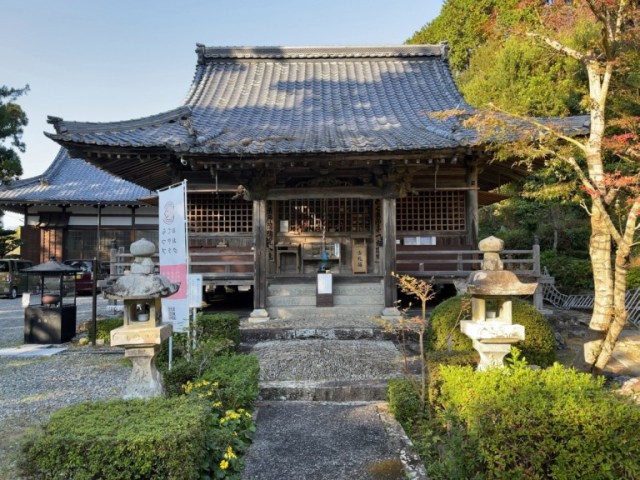
A lot of temples in Japan offer dormitory rooms, but this one has an even cooler option.
When travelling in Japan, one of the most unique forms of accommodation is a shukubo, or temple dormitory. Though they don’t provide all the cushy amenities of a hotel, shukubo offer a memorable way to experience Japan’s traditional and local culture, and are generally open to guests of all faiths.
Daitaiji, a picturesque riverside temple in the town of Higashimuro-gun, Wakayama Prefecture, has a shukubo, but as we recently discovered, it also has a campground!
Temple camping is something we’d never tried before, but eager to change that, our Japanese-language reporter Saya Togashi rolled up to Daitaiji on a late November afternoon. The campground is down a short embankment from the temple’s hondo, or main hall, and is bordered by a grove of bamboo and trees
The side closest to the forest is for tent campers, while the other side of the clearing is for people spending the night in RVs or motorhomes, like Saya was.
▼ The RV/camper side has electrical hookups.
On check-in you’re given bags into which to sort your garbage, and you can leave them with the temple staff when you check out. There’s also water and bathroom facilities, leftovers from the on-site nursery school that the temple used to run.
So far this is all pretty standard campground stuff, but at one end of the clearing you’ll spot this structure…
…and if you peek inside, you’ll see that it’s a zazen-do, or Zen meditation hall.
Zen meditation is just one of many activities available to campers, along with learning to make choshuku, the rice porridge traditionally eaten for breakfast by temple monks in Japan, a descriptive tour of the temple’s historical Buddhist statuary, and transcribing sutras. On the other hand, if you’re after pure relaxation, there’s also a riverside sauna tent.
For her first activity, Saya decided to try her hand, literally, at transcribing sutras (fees vary by activity; for this it’s 1,000 yen [US$8.70]).
Don’t worry if your penmanship isn’t the best, or even if you’ve never written anything in Japanese before. You’re given a translucent sheet of paper to write on, and you can trace the example, or at least use it as a guide, as you form each character. The session lasts about an hour, with the ostensible benefit being that having an activity to focus your physical and mental attention on will keep you from dwelling on past regrets or future worries.
By this time, it was getting close to sundown, and next Saya got to take part in one of the free activities offered to guests: ringing the temple bell!
The bell is located on a raised portion of the grounds, and as the sun dips toward the horizon, the temple’s abbot leads participants up to it to sound the end-of-the-day signal (at 5 p.m. in the winter and 6 p.m. in the summer).
As Saya swung the log and struck the bell, the sound reverberated out into the chilled evening air, echoing in a way that somehow both cleared her head and stirred a certain nostalgic, bittersweet sensation in her heart.
Then it was time for dinner. Campground guests are allowed to barbeque or cook on their campfires. Saya, though, had left her grill at home, so she instead dined on a vacuum-pouch hamburger steak and some freshy cooked rice from her one-person rice cooker. Daitaiji doesn’t sell cooking supplies, so you’ll want to bring any pre-made meals, ingredients, or snacks you want with you.
After gazing up at the beautiful stars of the countryside night sky for a while, Saya hit the sack and got up bright and early the next morning for her Zen meditation session.
Since Zen meditation requires sitting stilly with the same posture for extended periods of time, she was thankful for the thickly padded mats and cushions. These aren’t just for the comfort of Zen newbies, though, as the temple also serves as an evacuation shelter during natural disasters, and at such times the mats are used as bedding for those unable to return home that night.
As she meditated, Saya experienced something unusual, though she didn’t notice until after her session was done. We’re already into the part of the year where Japan’s weather is decidedly chilly in the morning, and when Saya had gotten up, one of her first thoughts was that she wished she’d packed some thermal underwear. As she meditated, though, that sense of cold completely evaporated, but not because the temperature was getting warmer. Once the session was over, she immediately noticed the cold again, given her a newfound appreciation for the effects of Zen.
▼ As mentioned above, the temple also has a shukubo dormitory, the common-use room of which is seen here.
With check-out at noon, Saya had time to relax and soak up the relaxing nature vibes for a bit longer before she needed to get packed up. Reflecting on her stay, she was surprised by just how relaxed, friendly, and cheerful the whole place felt, since she admits to having had a preconception that temple accommodations would come with a more austere atmosphere.
With a total of just nine slots (four for tent/car campers and five for RVs/motorhomes), Daitaiji’s campground definitely has a relaxed, local feel to it, and at 3,000 yen (US$26) a night, it’s extremely affordable too. The campground even has an English website, showing that they’re happy to welcome travelers of various religions and nationalities.
Location information
Daitaiji / 大泰寺
Address: Wakayama-ken, Higashimuro-gun, Nachikatsuura-cho, Shimowada 775
和歌山県東牟婁郡那智勝浦町下和田775
Website
Instagram
Photos ©SoraNews24
● Want to hear about SoraNews24’s latest articles as soon as they’re published? Follow us on Facebook and Twitter!
[ Read in Japanese ]

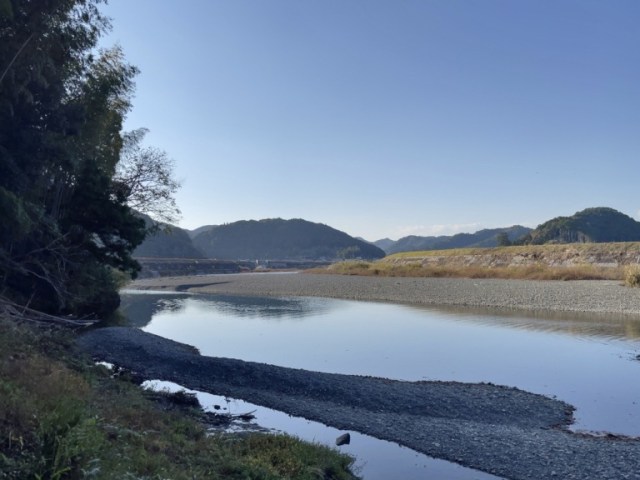
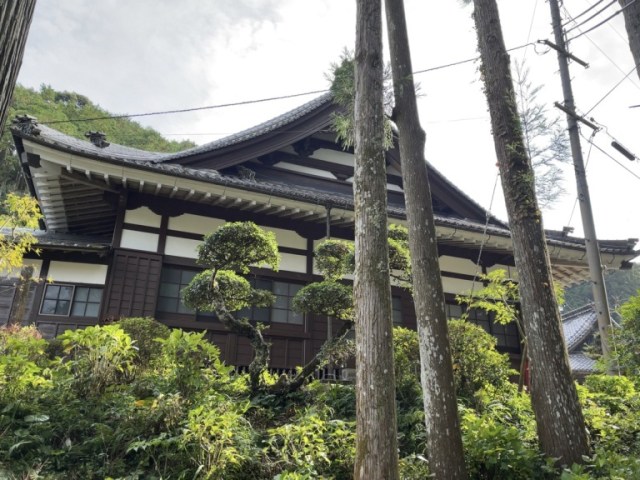
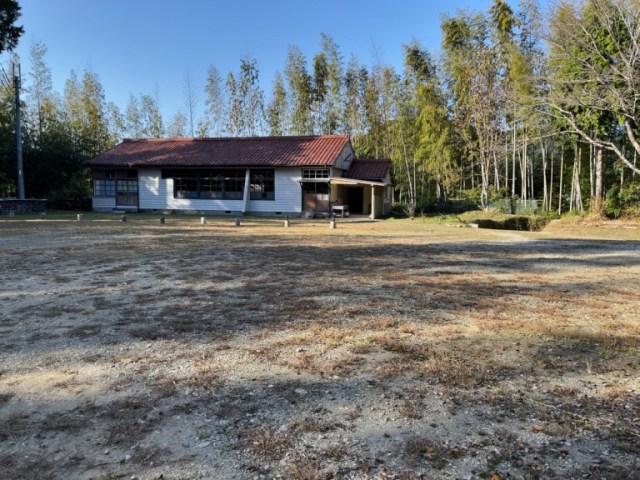
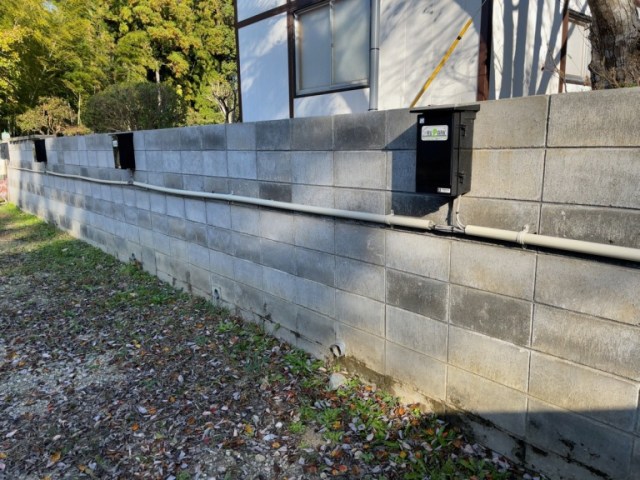
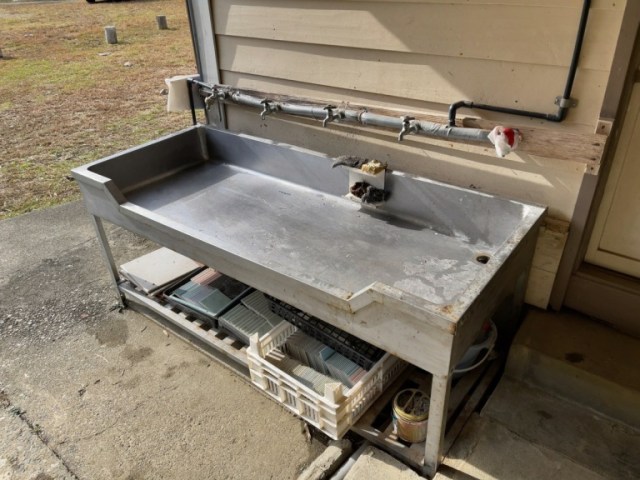
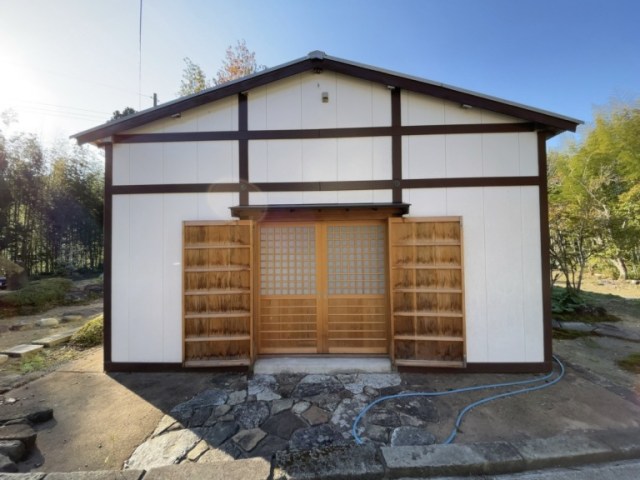
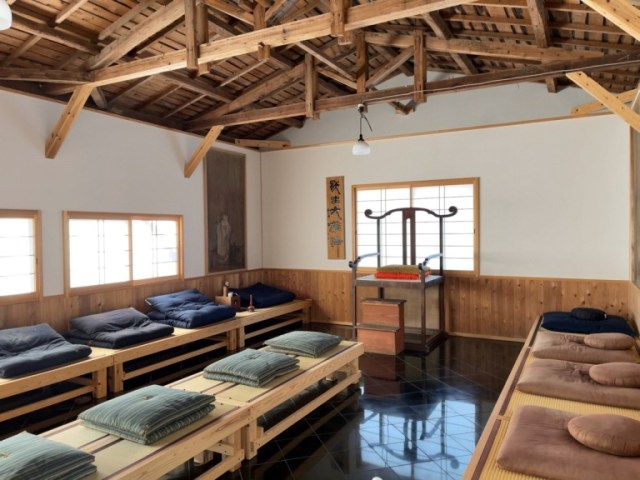
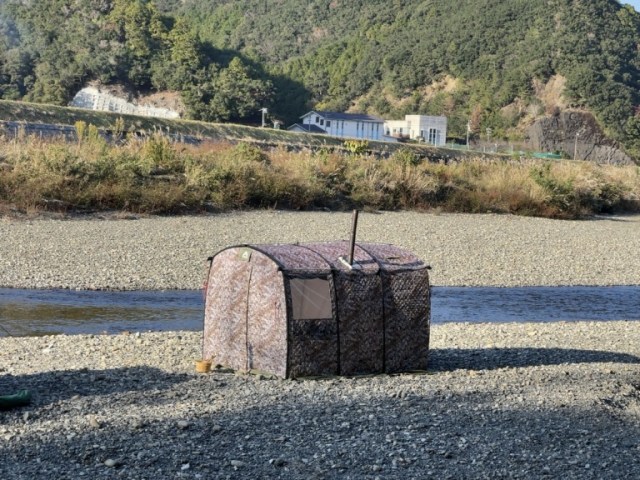
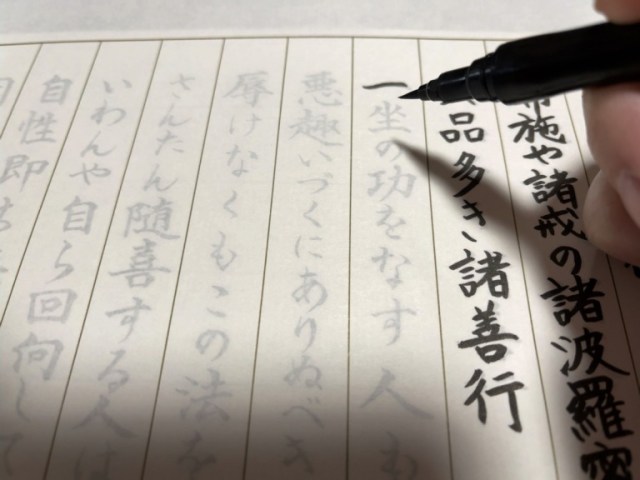
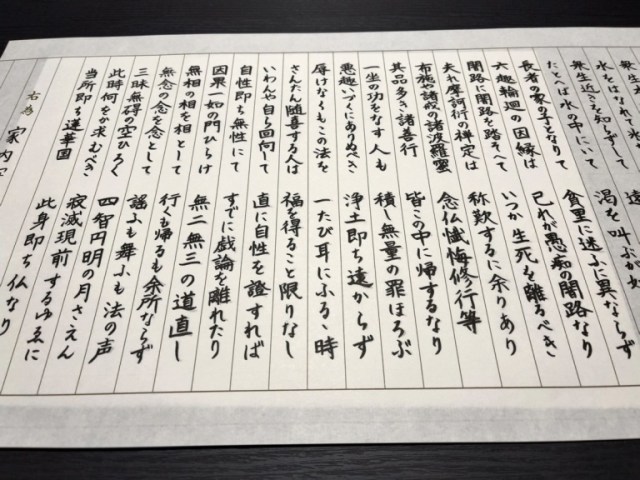

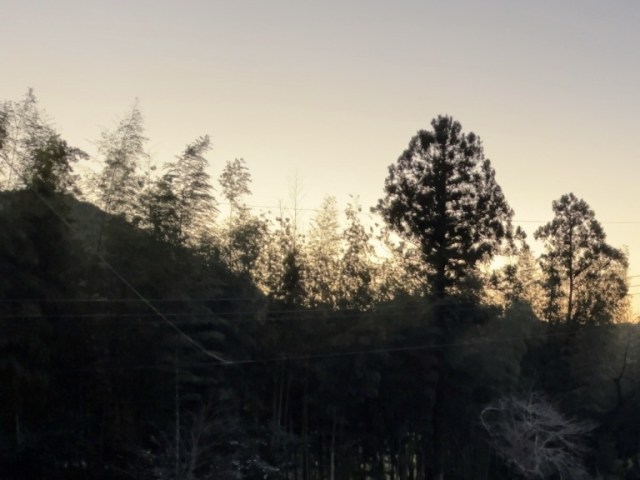

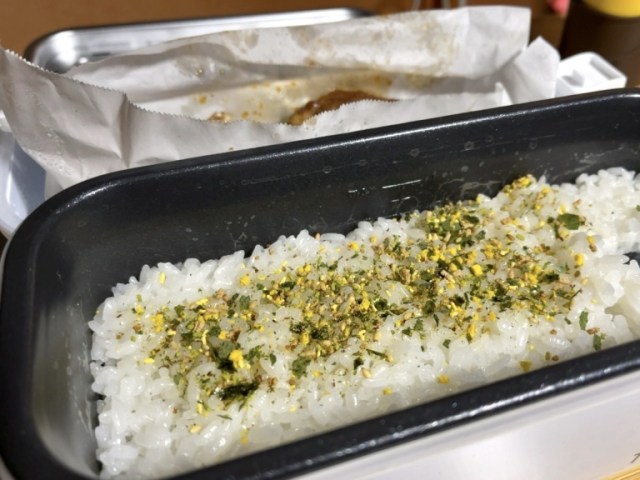
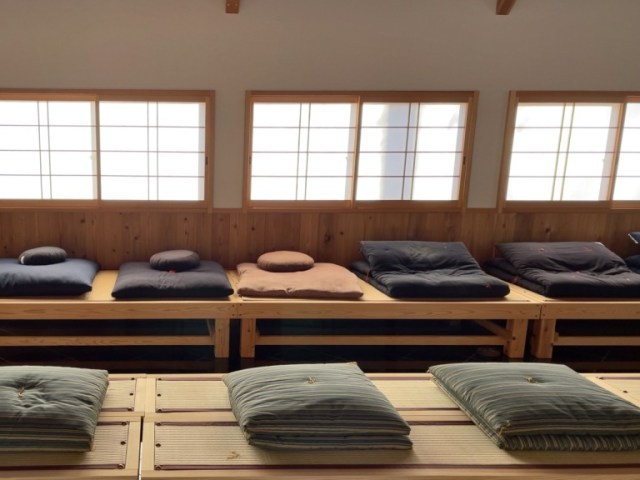
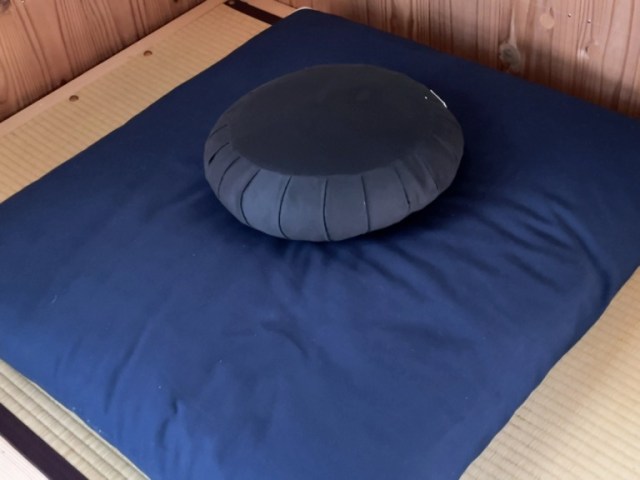
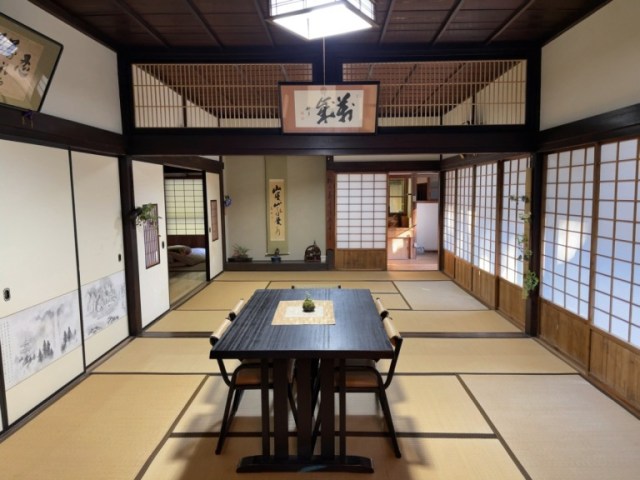
 Refresh your mind, body, and soul at Temple Camp Daitaiji, the first temple to open to campers
Refresh your mind, body, and soul at Temple Camp Daitaiji, the first temple to open to campers Japanese “Rainbow Fire” lets you camp in style with multicolored flames!【Photos】
Japanese “Rainbow Fire” lets you camp in style with multicolored flames!【Photos】 Is there any point to holding your chopsticks the “correct” way? Let’s find out【Experiment】
Is there any point to holding your chopsticks the “correct” way? Let’s find out【Experiment】 Come camp with us on Mt. Jinbagata, the best view you can get without breaking a sweat【SoraCamp】
Come camp with us on Mt. Jinbagata, the best view you can get without breaking a sweat【SoraCamp】 This USB device exists solely to warm up rice balls, and honestly, it does a great job
This USB device exists solely to warm up rice balls, and honestly, it does a great job Red light district sushi restaurant in Tokyo shows us just how wrong we were about it
Red light district sushi restaurant in Tokyo shows us just how wrong we were about it Sandwiches fit for a sumo served up in Osaka【Taste Test】
Sandwiches fit for a sumo served up in Osaka【Taste Test】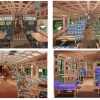 Beautiful Red and Blue Star luxury trains set to be Japan’s new Hokkaido travel stars
Beautiful Red and Blue Star luxury trains set to be Japan’s new Hokkaido travel stars Anime girl English teacher Ellen-sensei becomes VTuber/VVTUber and NFT
Anime girl English teacher Ellen-sensei becomes VTuber/VVTUber and NFT Historical figures get manga makeovers from artists of Spy x Family, My Hero Academia and more
Historical figures get manga makeovers from artists of Spy x Family, My Hero Academia and more Starbucks Japan adds a Motto Frappuccino to the menu for a limited time
Starbucks Japan adds a Motto Frappuccino to the menu for a limited time McDonald’s new Happy Meals offer up cute and practical Sanrio lifestyle goods
McDonald’s new Happy Meals offer up cute and practical Sanrio lifestyle goods Akihabara pop-up shop sells goods made by Japanese prison inmates
Akihabara pop-up shop sells goods made by Japanese prison inmates Japanese ramen restaurants under pressure from new yen banknotes
Japanese ramen restaurants under pressure from new yen banknotes Tokyo Tsukiji fish market site to be redeveloped with 50,000-seat stadium, hotel, shopping center
Tokyo Tsukiji fish market site to be redeveloped with 50,000-seat stadium, hotel, shopping center All-you-can-drink Starbucks and amazing views part of Tokyo’s new 170 meter-high sky lounge
All-you-can-drink Starbucks and amazing views part of Tokyo’s new 170 meter-high sky lounge More foreign tourists than ever before in history visited Japan last month
More foreign tourists than ever before in history visited Japan last month French Fries Bread in Tokyo’s Shibuya becomes a hit on social media
French Fries Bread in Tokyo’s Shibuya becomes a hit on social media Studio Ghibli releases new action figures featuring Nausicaä of the Valley of the Wind characters
Studio Ghibli releases new action figures featuring Nausicaä of the Valley of the Wind characters New private rooms on Tokaido Shinkansen change the way we travel from Tokyo to Kyoto
New private rooms on Tokaido Shinkansen change the way we travel from Tokyo to Kyoto Starbucks reopens at Shibuya Scramble Crossing with new look and design concept
Starbucks reopens at Shibuya Scramble Crossing with new look and design concept Studio Ghibli glasses cases let anime characters keep an eye on your spectacles
Studio Ghibli glasses cases let anime characters keep an eye on your spectacles Beautiful Ghibli sealing wax kits let you create accessories and elegant letter decorations【Pics】
Beautiful Ghibli sealing wax kits let you create accessories and elegant letter decorations【Pics】 Studio Ghibli releases Kiki’s Delivery Service chocolate cake pouches in Japan
Studio Ghibli releases Kiki’s Delivery Service chocolate cake pouches in Japan New definition of “Japanese whiskey” goes into effect to prevent fakes from fooling overseas buyers
New definition of “Japanese whiskey” goes into effect to prevent fakes from fooling overseas buyers Our Japanese reporter visits Costco in the U.S., finds super American and very Japanese things
Our Japanese reporter visits Costco in the U.S., finds super American and very Japanese things Studio Ghibli unveils Mother’s Day gift set that captures the love in My Neighbour Totoro
Studio Ghibli unveils Mother’s Day gift set that captures the love in My Neighbour Totoro New Japanese KitKat flavour stars Sanrio characters, including Hello Kitty
New Japanese KitKat flavour stars Sanrio characters, including Hello Kitty New Pokémon cakes let you eat your way through Pikachu and all the Eevee evolutions
New Pokémon cakes let you eat your way through Pikachu and all the Eevee evolutions Disney princesses get official manga makeovers for Manga Princess Cafe opening in Tokyo
Disney princesses get official manga makeovers for Manga Princess Cafe opening in Tokyo Sales of Japan’s most convenient train ticket/shopping payment cards suspended indefinitely
Sales of Japan’s most convenient train ticket/shopping payment cards suspended indefinitely Sold-out Studio Ghibli desktop humidifiers are back so Totoro can help you through the dry season
Sold-out Studio Ghibli desktop humidifiers are back so Totoro can help you through the dry season Japanese government to make first change to romanization spelling rules since the 1950s
Japanese government to make first change to romanization spelling rules since the 1950s Ghibli founders Toshio Suzuki and Hayao Miyazaki contribute to Japanese whisky Totoro label design
Ghibli founders Toshio Suzuki and Hayao Miyazaki contribute to Japanese whisky Totoro label design Doraemon found buried at sea as scene from 1993 anime becomes real life【Photos】
Doraemon found buried at sea as scene from 1993 anime becomes real life【Photos】 Tokyo’s most famous Starbucks is closed
Tokyo’s most famous Starbucks is closed One Piece characters’ nationalities revealed, but fans have mixed opinions
One Piece characters’ nationalities revealed, but fans have mixed opinions We asked a Uniqlo employee what four things we should buy and their suggestions didn’t disappoint
We asked a Uniqlo employee what four things we should buy and their suggestions didn’t disappoint Princesses, fruits, and blacksmiths: Study reveals the 30 most unusual family names in Japan
Princesses, fruits, and blacksmiths: Study reveals the 30 most unusual family names in Japan How to make Ukrainian flag origami crane paper
How to make Ukrainian flag origami crane paper In the search for the perfect crunchy cream puff, we try Beard Papa’s new cookie-topped choux
In the search for the perfect crunchy cream puff, we try Beard Papa’s new cookie-topped choux We tried cooking with a personal fryer and now we’re obsessed
We tried cooking with a personal fryer and now we’re obsessed Can even our brown thumbs keep this “moss bonsai” kit alive?【Photos】
Can even our brown thumbs keep this “moss bonsai” kit alive?【Photos】 Japan’s hyper-realistic CG schoolgirl moves for the first time in new video【Video】
Japan’s hyper-realistic CG schoolgirl moves for the first time in new video【Video】 We tried making natto the old-fashioned way, and the result was unexpected but delicious 【SoraKitchen】
We tried making natto the old-fashioned way, and the result was unexpected but delicious 【SoraKitchen】 The best-selling rice ball at Family Mart is…SPAM onigiri?
The best-selling rice ball at Family Mart is…SPAM onigiri? We spice up our fermented soybeans with curry powder flavored natto【Taste Test】
We spice up our fermented soybeans with curry powder flavored natto【Taste Test】 There’s no reason not to play with your food with this natto in Nanoblock form
There’s no reason not to play with your food with this natto in Nanoblock form Historic Kyoto temple first in Japan to offer gay weddings
Historic Kyoto temple first in Japan to offer gay weddings Our matcha skeptic finds green tea dessert for people who don’t like green tea sweets【Taste test】
Our matcha skeptic finds green tea dessert for people who don’t like green tea sweets【Taste test】 ‘Butter mochi’ flavoured chocolate may be the best kind of Tirol we’ve ever tasted
‘Butter mochi’ flavoured chocolate may be the best kind of Tirol we’ve ever tasted Plum crazy Wakayama’s local take on Tabasco sauce is made with Japanese plums
Plum crazy Wakayama’s local take on Tabasco sauce is made with Japanese plums Resident Evil Umbrella green, red herb bath salts now exist in real world, are terrifying【Pics】
Resident Evil Umbrella green, red herb bath salts now exist in real world, are terrifying【Pics】 We got our paws on the real-kitty-litter snow globe, and here’s how it looks
We got our paws on the real-kitty-litter snow globe, and here’s how it looks
Leave a Reply